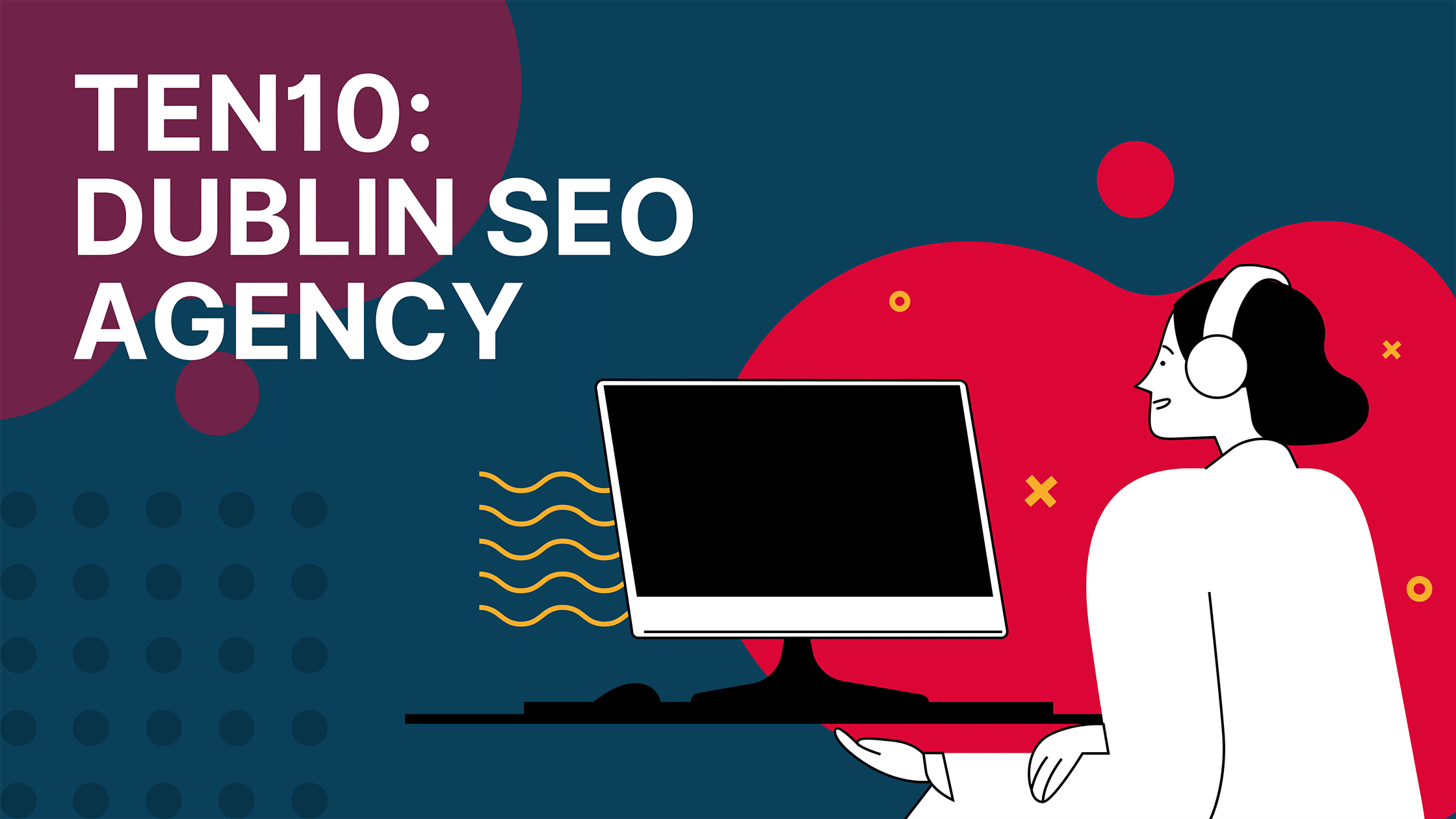Search Engine Optimisation Blog Articles
Our SEO category page lists our helpful blog posts dedicated to helping improve your website’s search engine optimisation (SEO). Our mission is to give you the latest strategies and tricks for increasing online visibility. This will help drive more traffic to your site and improve your rankings in major search engines.
No matter your level of SEO expertise, our blog posts offer invaluable advice and insights. From keyword research to on-page optimisation, link building and technical SEO, we cover all essential elements necessary for success online.
Our team of experts stays abreast of the newest SEO trends and algorithms. This guarantees our blog posts remain pertinent and provide you with effective strategies. We understand SEO can be complex; which is why we break down complex concepts into straightforward language so everyone can understand them.
This category covers a range of topics, such as:
- Discover the fundamentals of SEO and why it’s essential for your website
- Keyword research and optimisation techniques
- On-page optimisation best practices
- Link building strategies that work
- What Does Mobile Optimisation Have on Your Search Engine Rankings
- Technical SEO Advice and Tricks
And much more!
We hope that the information contained within our SEO blog articles is both valuable and helpful to you. If you have any queries or would like us to cover a topic for you, please get in touch. Our mission is to assist you with success online, and we are here to guide you every step of the way.















